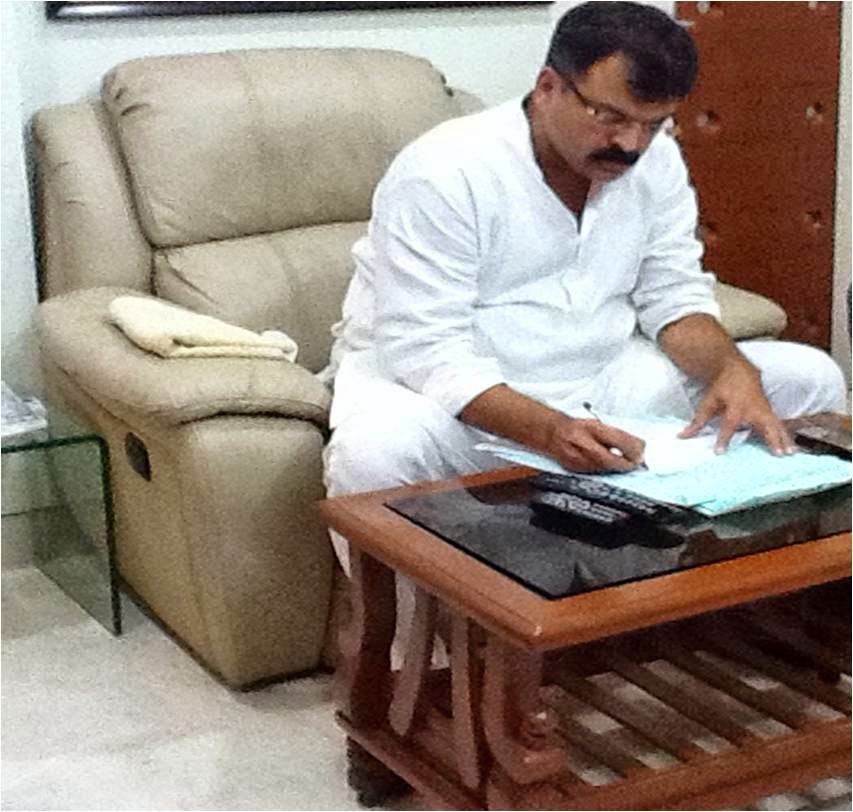Yesterday I posted that I support the “Kiss of Love” movement. I felt that an elaboration on my thought process and my stand was in order. And hence this note.
THE CONTEXT
Let me start from the very beginning. Some days ago, Yuva Morcha, the youth wing of the right wing Bharatiya Janata Party attacked a restaurant in Kerala where supposedly youngsters were practising ‘western culture’. This sparked a campaign a debate on moral policing in the country and a campaign “Kiss of love” went viral. Some students from IIT Bombay decided to stand in solidarity with the comrades in Kochi, wrote slogans like “Love is not a crime, Moral policing is!”, “Moral Fascism, Food Fascism, DOWN DOWN”, sang songs of friendship and protest like “Yaroon Dosti” and “We shall overcome”. Likewise, students and youth across cities like Hyderabad, Kolkata, Delhi and other cities held protests against any kind of fascism, exploitation, discrimination and oppression. Before the debate in mind takes off, let us analyse the situation at each step and ask hard questions at each level.
THE TRIGGER
The act of PDA(public display of affection). PDA, as such, is quite accepted in a few western nations. The demographics of these countries comprise of educated and urban population and an indigenous cultural framework. Research shows that religiosity and culture are important factors that determine the level of expression of affection in general. India, as such, is an ingenuously diverse country, culturally and naturally. Languages, religions, dance, music, architecture, food, customs differ from place to place within India and it’s truly an amalgamation of several cultures. With such a cultural backdrop, what is right for one could be wrong to another. Acceptance or non-acceptance of an act of PDA, really depends on the context and the perspective of the observer. For example, owing to its cultural framework, a western nation would allow such an act without causing any disturbance and resentment in fellow citizens.
MORAL POLICING
The bigger debate really is “Who has the right to decide how to behave or how not to behave?” Doesn’t everyone have his/her own right to do what they want until his/her activities don’t affect others? How does a group of individuals have the right to attack in the name of culture? Who are these moral police? How can political ideologies be thrust upon people? What is the definition of ‘obscene’? We are in a free country where freedom of expression, is a fundamental right. The “Kiss of love” as such is a movement that actually symbolizes liberty and freedom of expression. The participants of the movement are trying to move against culture of hate and intolerance. Tentacles of moral police are spreading fast and infringing on freedom of expression. Judgements are being passed. ‘Rules of decorum’ are being dictated. The protest is against these. Youngsters are asking questions relevant questions “When urinating public places are not stopped, why is a girl stopped from holding a boy’s hand?”, “Why am I not allowed to wear certain types of clothes under the pretext of ‘threat’?” Aren’t these questions justified?
INDIAN YOUTH
Indian society, as such, has always been open and liberal. We are the world’s largest democracy and one of the world’s youngest and are in the midst of a culture shift like we’ve never seen before. The youth of India today is more aggressive and clearer in their minds. They dare to think different and operate with a can-do attitude and confidence. The youth of India know exactly what they want out of life. They have easier access to information. They are NOT AFRAID of supporting causes and movements, and even unknown people, if they believe in the cause. ‘Culture’ to youngsters probably even has a different meaning.
The need of the hour is to create awareness, to guide not to DICTATE. Being open and liberal is one thing, and being impudent and unabashed is another. Am sure youth is smart enough to differentiate between the two and draw the line themselves. Let us have more faith in our younger generation, and as young blood, if we think they need direction and they are being swayed in a particular direction, let us guide them, rather than dictate to them. Our youth, in the form of this movement, is clearly sending out a message that their freedom needs to be respected. Can we grant them this-their fundamental right of expression. Is this big enough an issue to cause such a disruption and unrest in society today? Aren’t there bigger social issues to be addressed?

